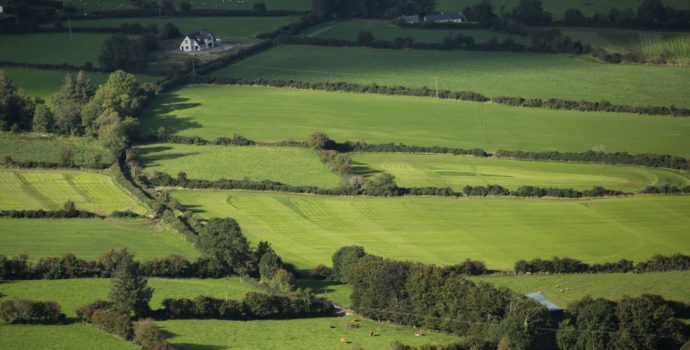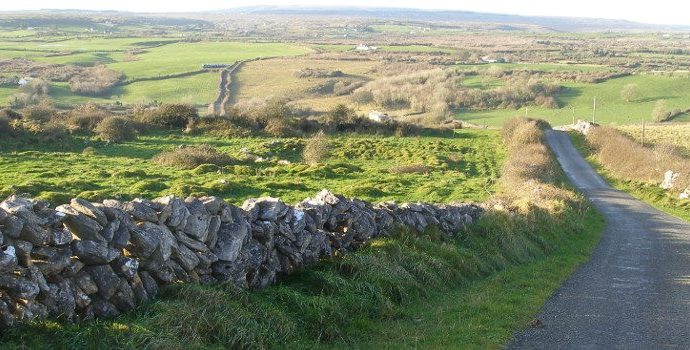Minister to Pursue Tams Scheme for Grain Farmers

Following a meeting with the Minister for Agriculture Simon Coveney, IFA National Grain Chairman Liam Dunne has welcomed the Minister’s commitment to pursue a TAMS scheme for grain farmers with the EU Commission in Brussels.
He said this will require an amendment to the Rural Development Programme to deliver a TAMS scheme for tillage farmers that will support investment in storage and drying facilities and equipment and technology to boost on-farm efficiencies at what is a difficult time for grain growers.
Liam Dunne said, “It’s very important to have the scheme up and running as soon as possible as these measures will help to improve the long-term competitiveness of the sector”. Liam Dunne also welcomed the commitment to introduce a Knowledge Transfer scheme in 2016.
Ahead of next Monday’s protest outside the EU Commission office in Dublin, the National Grain Chairman said the Commission has to bring forward measures that address the serious income challenge facing tillage farmers as grain prices for the third year in a row are insufficient to cover production costs. In addition, the onerous greening requirements coupled with a significant cut in growers’ basic and greening payment scheme will aggravate the already serious income situation.
Liam Dunne said, “Growers are forced to produce crops to satisfy bureaucratic requirements rather than respond to market signals. The unwillingness on the part of the Commission to control speculative investment in farm commodities and fertiliser cartels has exacerbated income volatility leading to a boom and bust situation for many farmers. The lack of profitability in the tillage sector has resulted in a very significant fall in cereal production of close on 90,000ac since 2012”.
This situation is not sustainable as any business incapable of generating sufficient profits for reinvestment will eventually collapse. The Commission must act now to:
• relax greening rules and allow farmers to grow in response market signals;
• introduce intervention for all grains at prices that reflect production costs;
• abolish customs duties on non EU fertiliser imports.



